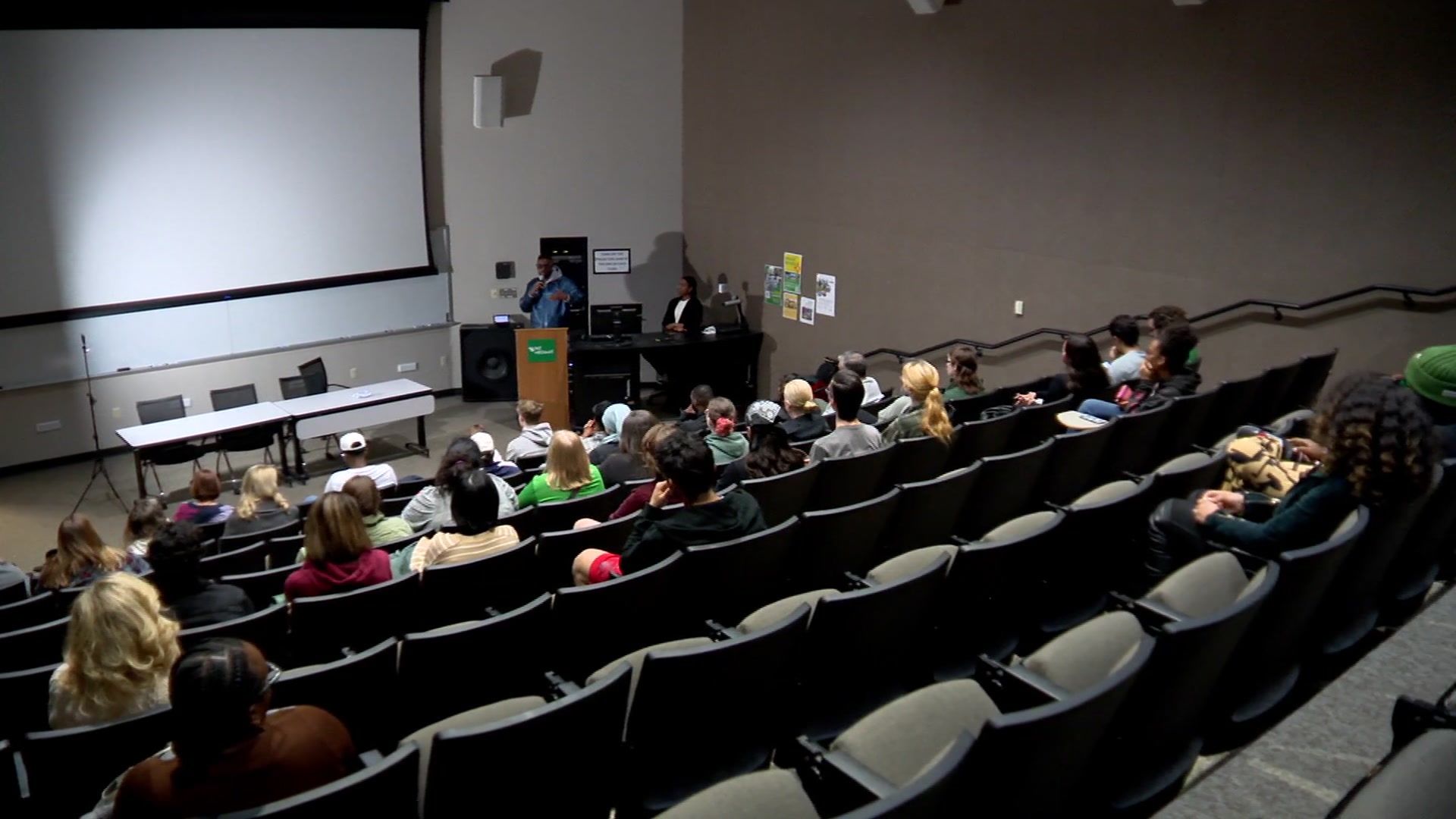With senior care facilities across the country forced to close their doors to the community during the COVID-19 pandemic, one Dallas family says the isolation meant to protect a 97-year-old mother and grandmother is actually causing more harm.
Until just a few weeks ago, Sally DeBoard and her daughter Emily say her mother Mary Jo Bentley remained the dynamic, outgoing and funny woman she’d always been despite the dementia she’s battled for eight years.
“She has always just been so outgoing. She was the president of her sorority at Baylor. She has always been a very well-known and admired woman and she’s hysterical. She can go toe to toe with anybody,” said Emily DeBoard.
But in the more than two months since they were last able to visit in person, the mother and daughter say Bentley has shown little interest in interaction via screen.
During Emily’s last FaceTime with her grandmother, she said she wouldn’t look at her or speak.
A caretaker told the mother and daughter she’d also started refusing meals.
“It’s very hard because it’s bizarre. I’ve never known her to be depressed ever about anything. Never,” said Sally DeBoard.
Local
The latest news from around North Texas.
It’s a decline Peggy Papert of Elder Care Consultants of Texas said she’s seen in several of her patients.
“Folks go to these facilities to engage, have more socialization, and that’s not exactly what’s happening now. Meals are sent to the room. There are less activities. The families, of course, can’t see them,” said Papert.
And though it’s all necessary to prevent the spread of COVID-19 in facilities, like has happened in several around DFW, Papert said it also can cause harm.
“The activity that goes on in the brain when interacting with people, socializing with people, doing any kind of physical therapy perhaps, movement, it all stimulates the brain. So not being able to see people is a problem,” said Papert.
For the DeBoards, the recent decline has led to a discussion about hospice that they weren’t yet anticipating.
“We understand, you know, that those are the late stages of dementia, but it's being caused by something that’s forcing her to isolate. And she wouldn’t be there if this wasn’t happening,” said Emily.
However, they say they know the distancing is necessary and they appreciate the care Bentley’s receiving.
While they don’t know when they’ll be able to visit again, the DeBoards are hoping a delivery of some of Bentley’s favorite movies from childhood can spark new energy and joy.
Papert’s suggestion for families in a similar situation is to leave loved ones with a sense of hope by ending conversations with an “I’ll see you soon.”
*Map locations are approximate, central locations for the city and are not meant to indicate where actual infected people live.



